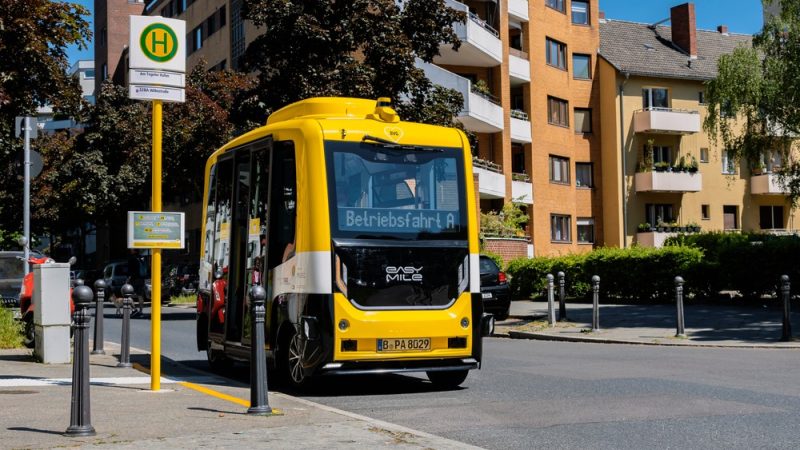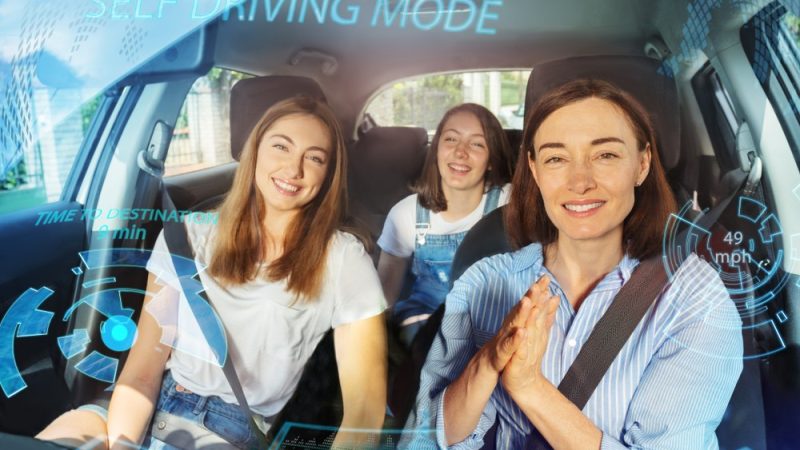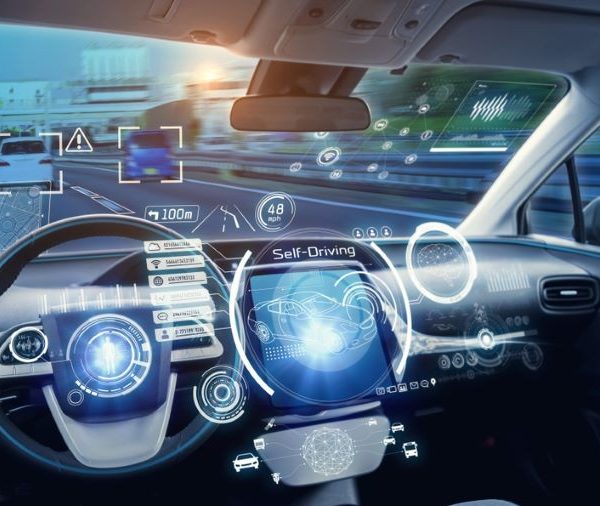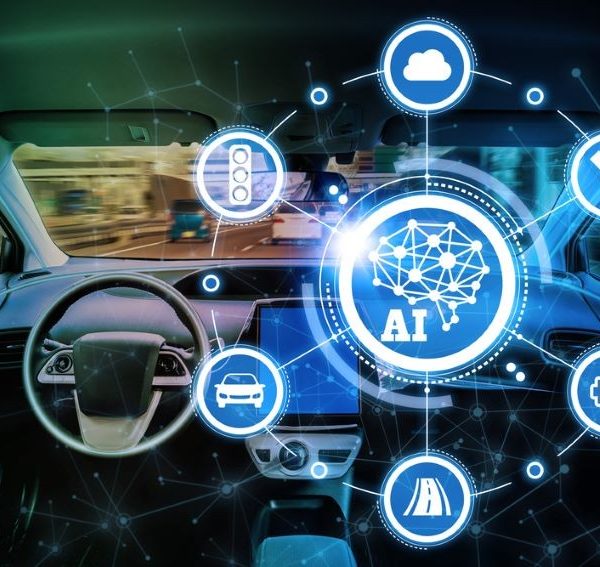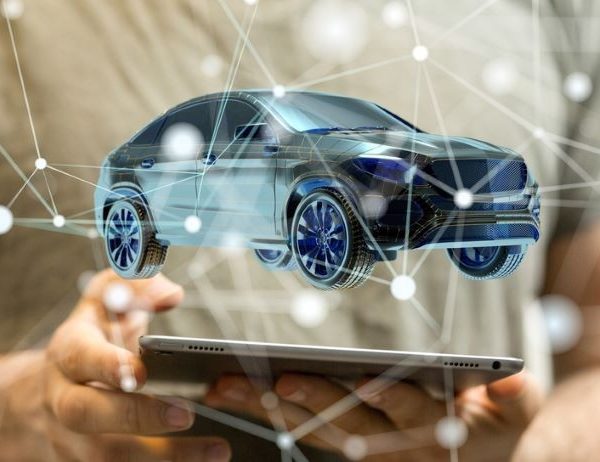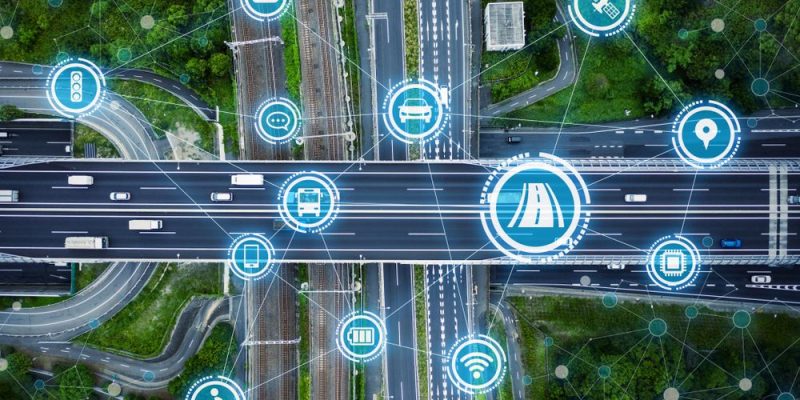
How Can AI Transform the Transportation Industry?
Artificial intelligence (AI) has revolutionized several industries, including transportation. The transportation sector has been utilizing AI technology in various ways, from self-driving cars to traffic management systems. This technology has helped transportation industries improve safety, reduce costs, and increase efficiency. In this article, we will clarify the basics of AI in transportation and explore its applications.
Basics of AI in Transportation
AI is a technology that enables machines to learn from data and make decisions without human intervention. It involves using algorithms and statistical models to train machines to recognize patterns and make predictions. In transportation, AI is used to improve efficiency and safety while reducing costs. AI technology is being utilized in various areas, including self-driving cars, traffic management, delay predictions, and drone taxis.
Applications of AI in Transportation
Here are the most common uses of AI in transportation:
Self-driving vehicles
Self-driving cars are a reality, thanks to AI technology. Self-driving cars are capable of navigating roads without human intervention, reducing the likelihood of accidents caused by human error. AI technology used in cars enables them to analyze data from sensors, cameras, and GPS to make real-time decisions. The cars can detect obstacles, make lane changes, and avoid collisions with other vehicles.
The benefits of self-driving cars extend beyond safety. They can also improve traffic flow by reducing congestion and minimizing the time it takes to travel. Self-driving cars can also be used to provide transportation to people who are unable to drive, such as the elderly or disabled. Additionally, they can reduce the need for parking space, as they can drop off passengers and park themselves in designated areas. Autonomous driving cars have been tested for seeing in bad weather and you may be surprised of the results.
Traffic management
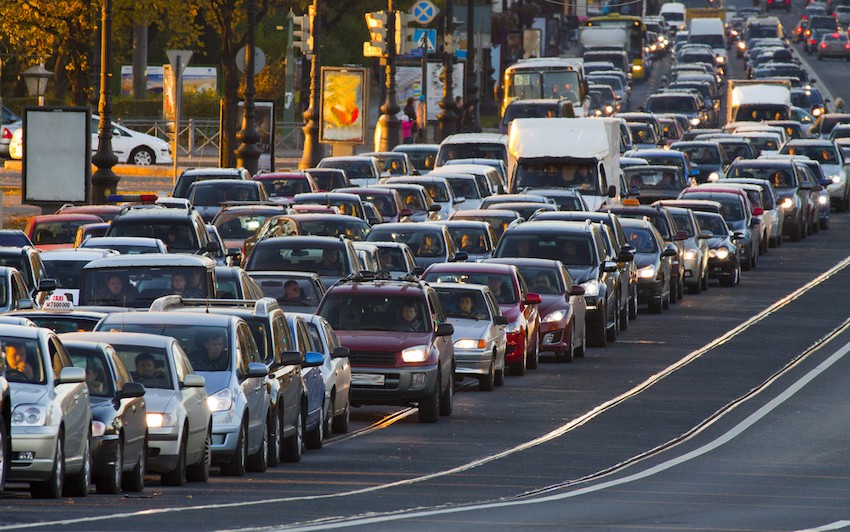
AI technology is being used to improve traffic flow and reduce congestion. Traffic management systems use data from cameras, sensors, and GPS to monitor traffic and make real-time decisions. The systems can detect traffic jams, accidents, and other issues that may affect traffic flow. They can then adjust traffic signals, redirect traffic, and provide alternative routes to minimize delays.
Traffic management systems can also be used to optimize the timing of traffic signals. By analyzing data on traffic patterns, the systems can adjust the timing of signals to reduce delays and improve traffic flow. AI technology can also be used to manage toll roads and highways, enabling real-time toll collection and adjusting toll prices based on traffic conditions.
Delay predictions
AI technology can be used to predict delays in transportation. Delay predictions are useful in several industries, including air travel, shipping, and public transportation. By analyzing data on weather, traffic, and other factors, AI algorithms can predict the likelihood of delays and provide alternative routes or modes of transportation.
Delay predictions are particularly useful in air travel, where delays can have significant financial and logistical impacts. Airlines can use AI technology to predict delays and adjust flight schedules accordingly, reducing the likelihood of missed connections and other issues.
Drone taxis
Drone taxis are a new and exciting application of AI technology in transportation. They are essentially autonomous flying vehicles that can transport passengers from one location to another. AI technology is used to control the drones and ensure safe and efficient transportation.
Drone taxis have several advantages over traditional modes of transportation. They can avoid traffic and provide faster transportation, particularly in urban areas. They also have the potential to reduce the environmental impact of transportation by reducing the need for cars and other vehicles.
Conclusion
AI technology has the potential to revolutionize the transportation sector. As the technology continues to advance, we can expect to see even more exciting applications of AI in transportation, such as drone taxis and hyperloops. While there are still challenges to be overcome, such as ensuring the safety of self-driving cars, the benefits of AI in transportation are clear. By embracing this technology, we can create a safer, more efficient, and more sustainable transportation system.





